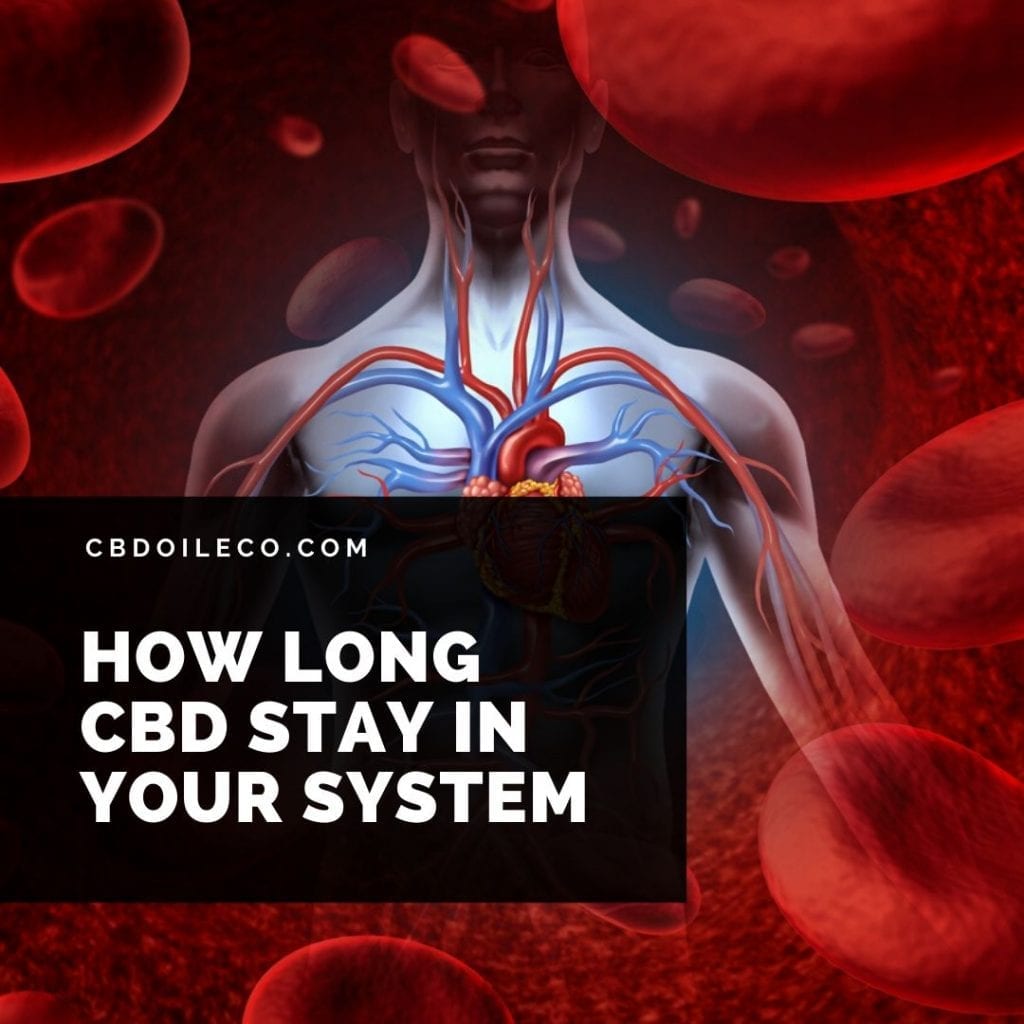You’ve probably heard about the beneficial aspects of CBD oil, and are now wondering whether it’s the right option for you. The good news is that you aren’t alone in this, and there’s no reason for you to worry. Moreover, how long does CBD oil stay in your system is a question many employees and future moms alike have to ask themselves.
The simple answer is that CBD oil can stay in your system anywhere from two days to several weeks. However, the exact time frame depends on several factors and personal choices, and we’ll talk more about that soon. But first, let’s address one of the biggest concerns — is CBD oil legal, and can it get you into trouble with your employer?
Will CBD Oil Show up On A Drug Test?
On its own, CBD won’t show up on a drug test. However, if the oil contains THC, the issue gets a bit trickier.
THC is what’s responsible for making you feel high, and therefore, it shouldn’t be ingested in large doses. That being said, all products with under 0.3% THC are legal in every state of the US. Still, it can make a world of difference whether you’re using a full-spectrum, broad-spectrum, or CBD isolate product.
Full-spectrum CBD oils typically contain trace amounts of THC (up to 0.3%) and that might show up on a drug test. To avoid the psychoactive substance altogether, you could go with broad-spectrum oils or CBD isolates. Both of these contain 0% THC and are a great option if you work for an employer with zero tolerance for drugs.
Overall, if you’re using a full-spectrum oil, you might have to consider going off it for a period of time. The exact point when you need to stop using CBD oil depends on several factors — and that’s what we’ll talk about next.
When Should You Stop Using CBD Oil To Get It Out Of Your System?
As each person uses CBD oil differently, there’s no one-size-fits-all answer to the question of how long does CBD oil stay in your system. That being said, there are some variables you ought to consider to determine the exact time frame.
How Frequently You’re Using the CBD Oil
If you ingest any substance regularly, it will start building up in your body over time. So, those who have been using CBD for a long period of time will have more of it stored up. However, if you’re an occasional user, the substance will leave your body quicker.
The Dosage
As is the case with many substances, the higher your dosage — the longer it will stay in your system. For example, if you’re ingesting small amounts of 0% THC oil, it will likely disappear from your body within a few days. However, if you require high doses of an oil that contains 0.3% THC, it will probably take several weeks to get it out of your system.
Your Body
Metabolism and BMI are a few of the most important aspects that impact how long CBD stays in your system.
For example, if you have a fast metabolism, it will take your body less time to process the CBD oil. Also, if you take your CBD oil on an empty stomach, you can expect to have a higher CBD concentration.
The Food
To answer the question of how long does CBD oil stay in your system, you need to think about your eating habits. If you ingest the oil on an empty stomach, your body will metabolize it quicker than when you’re full. So, if you have a belly full of food, you’ll need more time to flush the CBD out of your system.
Method of Consumption
Keep in mind that sublingual CBD oils are incredibly bioavailable. Because they’re absorbed directly into your bloodstream, they enter your body faster and stay there longer. So, if you’re looking for a product that will disappear from your body quicker, you should consider other CBD products.
The Bottom Line
As you know by now, everybody reacts to CBD oil differently. Thus, it’s difficult to determine exactly how long the substance will linger in a person’s system. Moreover, the fact that there are so many different factors to consider makes it nearly impossible to ascertain an exact timeframe.
If you’re worried that CBD oil will show up on a drug test, stop using it 7–10 days beforehand. Also, if you plan on breastfeeding, you should go cold turkey at least a week before the baby arrives.

